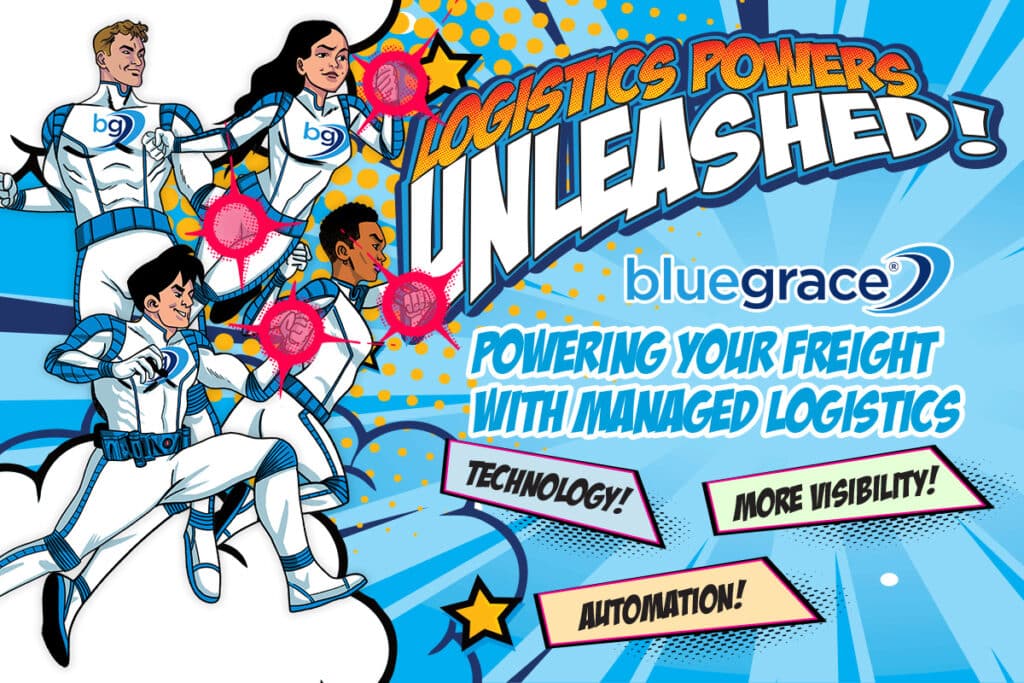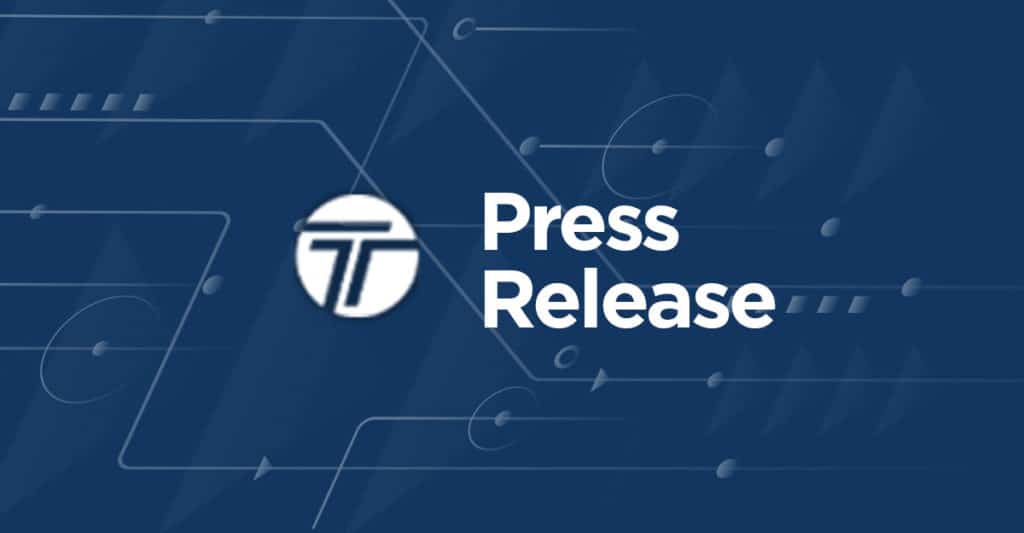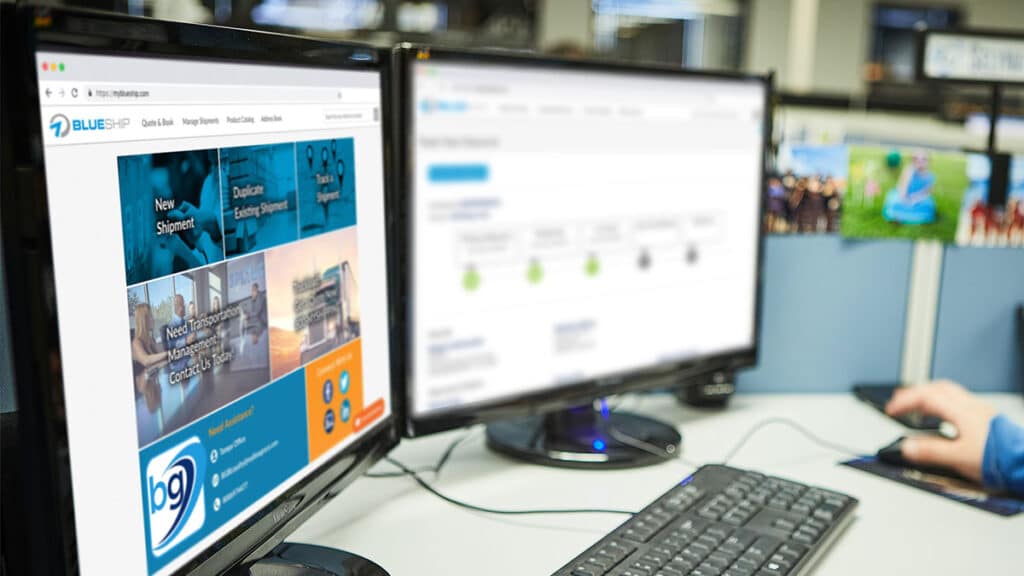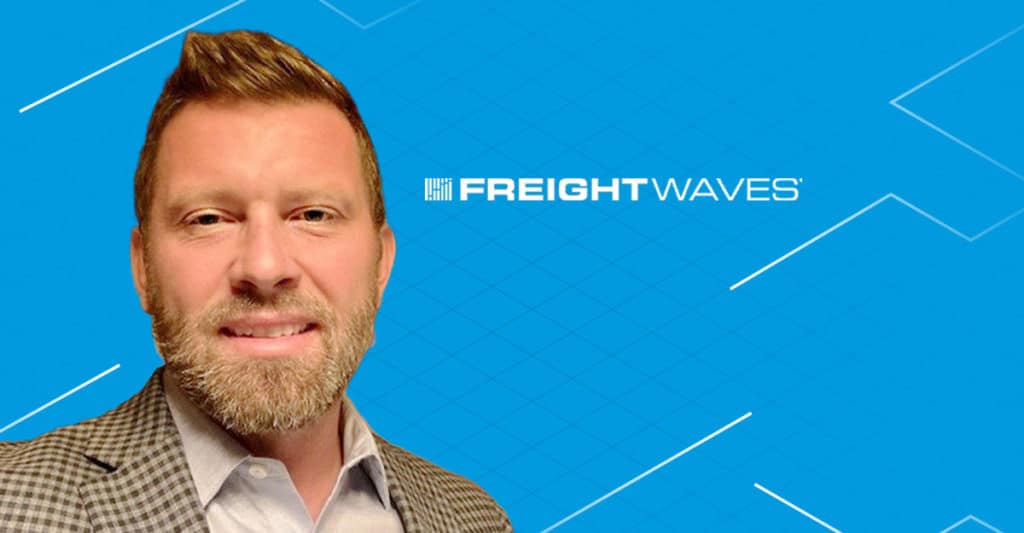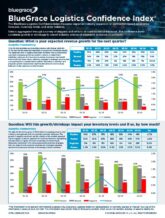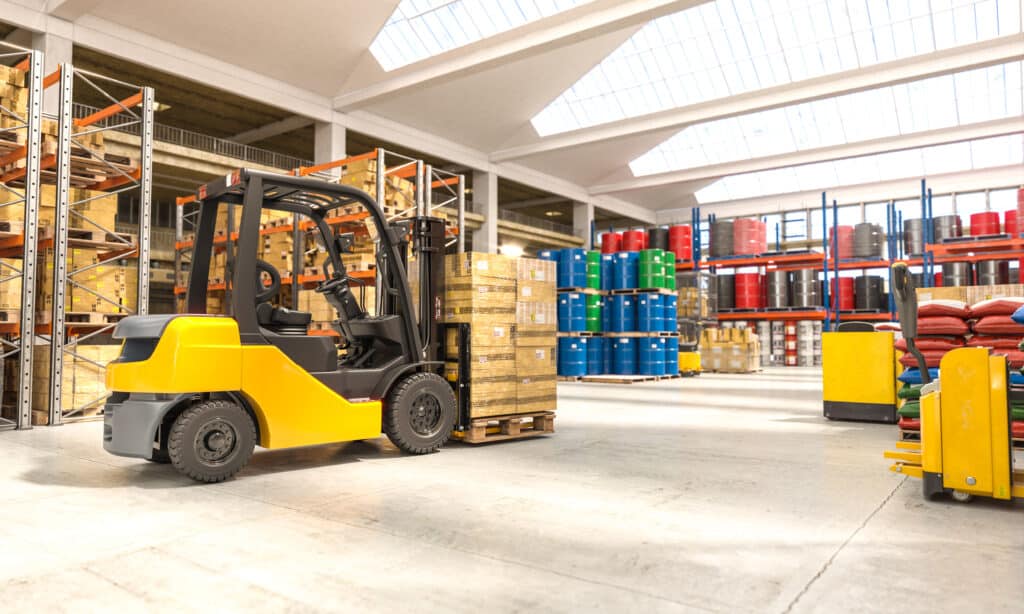
By Ashley Coker | FreightWaves Associate Editor
Published August 5th, 2021
Clear Expectations Are The Cornerstone Of Effective Risk Management
Logistics is an inherently risky business. The market is constantly changing, and business is affected by everything from natural disasters to shifting consumer demand. Choosing the right supply chain providers becomes an important part of mitigating and navigating these risks in an industry this volatile.
While the dynamics of supply chain risk are constant, the landscape of risk specific to logistics and transportation is changing.Technology has affected the way everyone does business, offering companies new ways to manage risk. Still, the introduction of higher-tech solutions and other innovations does not eliminate the need for solid relationships. If anything, it emphasizes the need even more.
“Technology is involved in everything. You still need to have a plan in place to address risk, and you still need people equipped to execute the plan,” said JD Lewis, BlueGrace Logistics Director of Supply Chain Solutions. “Having a clear, risk-sharing plan in place with providers benefits both companies and allows you to execute quickly when necessary.”
The key to strong relationships can be augmented by finding companies willing to share in the inherent risks that come with moving inbound and outbound freight. Relationships and good risk management strategy do not exist to absolve one party of responsibility, shifting blame onto the other. Risk “sharing” is the basis of a new era in risk management.
“It is a relationship for a reason. The ones that don’t work are the one-sided relationships. Both parties have to take on risk. It’s not fair for one party to hold all the risk and essentially act as an insurance company for the other,” Lewis said. “Both companies should have a fair share of risk and be openly communicating business and market changes with each other.”
View the full article by Ashley Coker | FreightWaves
